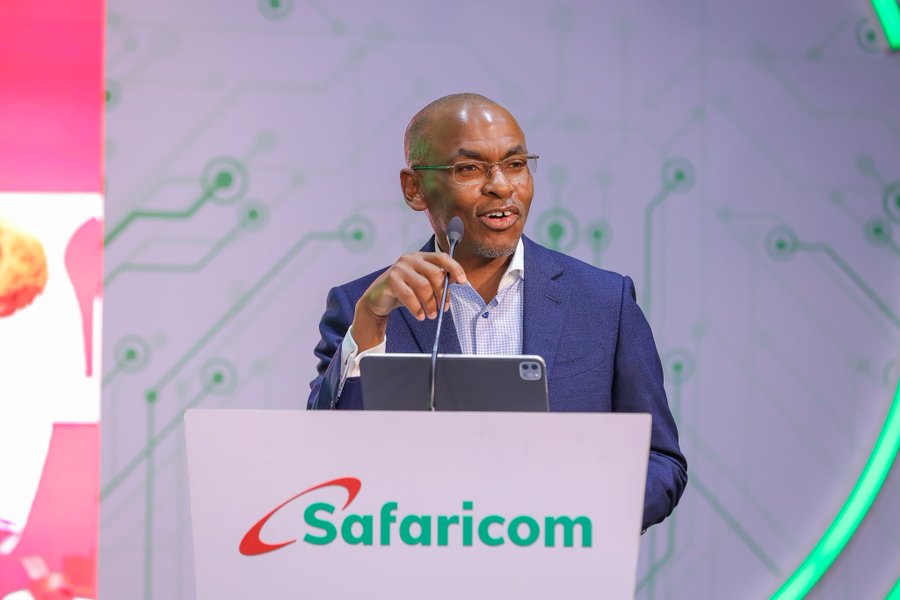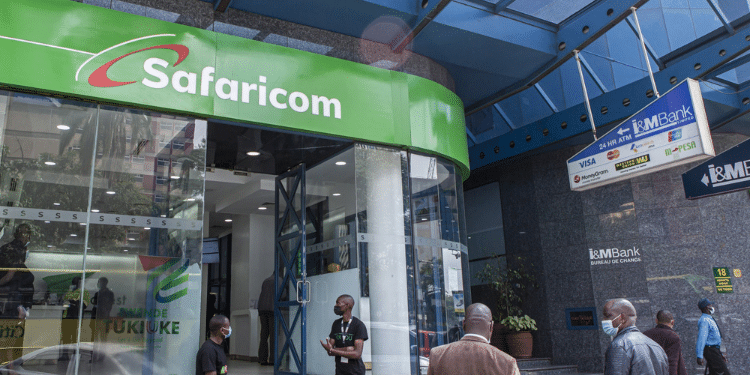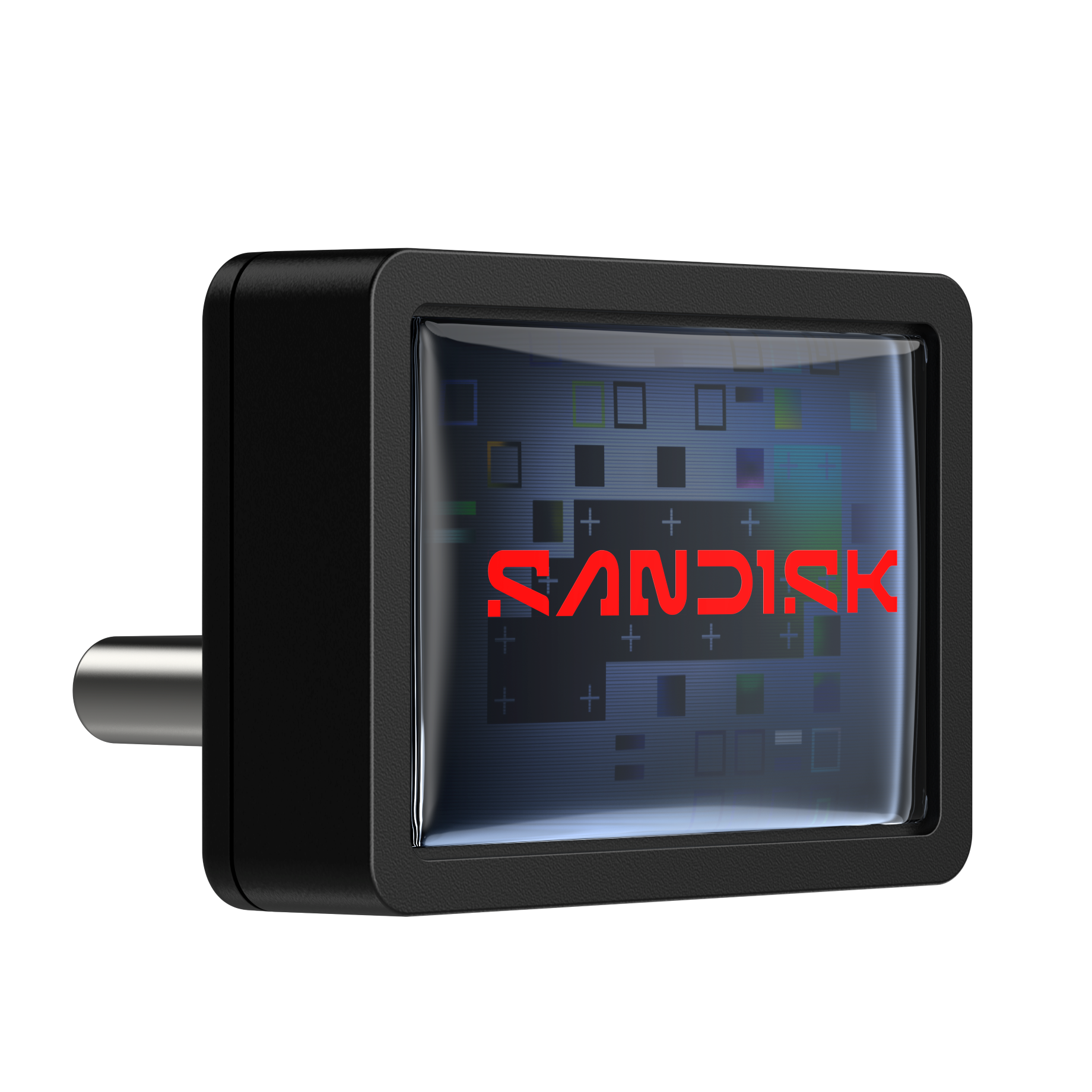Safaricom (NSE: SCOM) is making a daring attempt at democratising wealth creation by piloting Ziidi Trader, a stock-trading feature built directly into the M-PESA app.
If the rollout succeeds, more than 32 million M-PESA users will be able to buy and sell shares on the Nairobi Securities Exchange (NSE) without brokers, paperwork, or steep fees, potentially shifting Kenya’s capital markets from a niche domain into a true mass-market space.
Launched quietly in early November 2025 as part of Safaricom’s broader fintech push, Ziidi Trader is now in closed beta. Early indications show a sleek, dark-mode design with real-time alerts, personalised watchlists, and integrated portfolio tools.
In a market where only 61,000 out of 1.4 million registered investors trade actively, this kind of frictionless access could be transformative, especially for an exchange where daily volumes often sit around KSh 1.5–2 billion.
Breaking Down the Barriers: Why Ziidi Trader Could Shift the Market
Kenya’s stock market has historically been difficult for everyday citizens to access. High brokerage fees (1–2%), mandatory CDSC accounts, and limited financial literacy have discouraged retail investors for decades.
Ziidi Trader aims to flatten these barriers by placing everything inside a platform Kenyans already rely on daily.
The pilot integrates directly with the NSE for real-time trades and same-day settlements. Deposits and withdrawals flow through M-PESA, making the entire process familiar and effortless.
Analysts estimate that if just 10% of M-PESA users invested KSh 1,000 monthly, the NSE could see KSh 40.8 billion in new annual inflows, more than triple current retail participation.
This aligns neatly with the NSE’s August 2025 rule allowing single-share trades, a key shift toward retail accessibility.
Ziidi Trader also fits into the broader “Ziidi” family, Safaricom’s unified investment ecosystem. It follows the successful launch of the Ziidi Money Market Fund (MMF), which proved that simple, low-friction digital investing resonates with everyday users.
From Mali to Ziidi: Safaricom’s Evolving Investment Strategy
Safaricom’s investment journey began in 2019 with the Mali Money Market Fund, built with Genghis Capital.
Despite early success peaking at KSh 3.1 billion in assets, the partnership collapsed amid disputes and technical issues, eventually freezing new registrations in 2024.That set the stage for Ziidi.
On January 21, 2025, Safaricom partnered with Standard Investment Bank and ALA Capital to launch the Ziidi MMF, a CMA-regulated fund with a KSh 100 minimum investment, daily interest accrual, and zero transaction fees. An optional lock feature discouraged impulse withdrawals, and free M-PESA transfers made it highly accessible.
The growth was explosive.
- By March 2025: 450,000 users and KSh 7.5B AUM.
- By September 2025: AUM doubled to KSh 15B, fuelled by high interest yields (10–12%) and a surge in digital savings culture.
Ziidi MMF effectively replaced Mali, even without Safaricom explicitly announcing a shutdown. Ziidi Trader now extends the same “frictionless access” philosophy to equities, with instant KYC onboarding and upcoming educational features designed to nurture first-time investors.
Ziidi Ecosystem Milestones (as of Nov 2025)
| Product | Launch Date | Key Metrics | Impact |
|---|---|---|---|
| Ziidi MMF | Jan 2025 | 450K users; KSh 15B AUM | Boosted digital savings; entry as low as KSh 100 |
| Ziidi Trader (Pilot) | Nov 2025 | Closed beta; NSE integration | Targets 32M users; aims for 10% conversion |
| M-PESA Overall | Ongoing | 32M users; KSh 88B H1 revenue | 14% YoY growth; 45% of Safaricom service revenue |
Sources: Safaricom financial reports, NSE data (H1 FY2026), and internal projections.
READ ALSO:Ziidi’s Contribution to Kenya’s Financial Inclusion
Hurdles Ahead: Regulation, Education, and Execution
Ziidi Trader’s success depends on full CMA approval. MMF secured its green light in November 2024, but equities trading requires deeper scrutiny.
Safaricom is preparing in-app tutorials and community-driven education campaigns, with a focus on youth and women, who already make up 40% of MMF participants.
Competition from platforms like Hisa and Ndovu is real, but M-PESA’s accessibility gives Safaricom a built-in advantage.
Still, market volatility, cybersecurity, and user inexperience pose risks. Fintech 2.0’s AI security features are designed to soften these edges, but execution will matter.
Unlocking Kenya’s Wealth Potential: The Ziidi Moment
Using M-PESA’s original magic, Ziidi Trader transforms a phone into a lifeline. This time, the promise is asset ownership.
If adoption mirrors Ziidi MMF, billions could flow into local equities, including Safaricom’s own stock (trading at KSh 28.65, up 0.35% as of November 13).
For many Kenyans earning under KSh 30,000 a month, the ability to invest even small amounts could reshape personal finance norms.
As CEO Peter Ndegwa puts it, “Ziidi is our invitation to every Kenyan to build wealth, one tap at a time.”
With a full launch expected by Q1 2026, the real question isn’t whether Ziidi Trader will disrupt the market but how far the ripple effects will reach.
Ziidi Overview
Safaricom’s new Ziidi investment ecosystem has quickly become one of the most talked-about additions to Kenya’s digital finance space, prompting many users to ask, “Is Ziidi Legit?”
At the centre of the ecosystem is the Ziidi money market fund, a CMA-regulated product known for its simplicity, low entry amount, and transparent payouts.
Many users are drawn to the platform because of its Ziidi daily interest, which accrues automatically and is reflected in the portfolio dashboard.
The fund’s competitive Ziidi MMF interest rates have also helped position it as one of the most accessible savings and investing tools for ordinary Kenyans looking to grow their money with minimal friction.
Safaricom has even expanded options for users seeking faith-compliant products through Ziidi Shariah, ensuring that those who prefer Sharia-aligned financial solutions can still participate in the broader Ziidi ecosystem with confidence.
Ronnie Paul is a seasoned writer and analyst with a prolific portfolio of over 1,000 published articles, specialising in fintech, cryptocurrency, climate change, and digital finance at Africa Digest News.






Leave a Reply